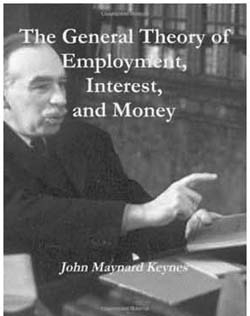Usually, when the editors of this jour nal ask me to write something, I decline. But this time I had to accept because they asked me to write something about the most influential writer in economics in the 20th century. It was—as the Americans say—a no-brainer because there is only man who fits the bill: John Maynard Keynes, who stands out by a mile. To me, he was as much an economist as a very deft political thinker.
Keynes is to the 20th and 21st centuries what Karl Marx was to the 19th. If Marx changed the way politicians thought about economics, Keynes changed the way economists thought about politics. Never, as Winston Churchill said in a rather more prosaic context, have so many owed so much to just two people. Marx exposed capitalist greed; Keynes showed governments how to mitigate its effects. It is a testimony to their ideas that their ghosts are well and alive in the 21st century. If true greatness lies in changing the way societies view their problems, then Marx and Keynes rank in the top ten. But there is a difference: Marxism failed. Keynesianism hasn’t. Reason: while both assigned a leading role to the state, the nature of that role differed vastly. One wanted private property abolished; the other merely wanted it to be given a helping hand when it faltered.
Just as political scientists have waxed eloquent on Marx’s Das Kapital, economists have waxed eloquent on Keynes’ General Theory of Employment, Interest and Money which was published in 1936. The former led to evocative slogans like ‘We must change the world, not explain it’. The latter took the opposite route: let’s explain the world and leave it to change itself, which it did. The Marx-inspired experiment of Communism failed; the Keynes inspired welfare model has gone from strength to strength. Clearly, Keynes had what it takes when it came to persuading societies to look at things differently.

